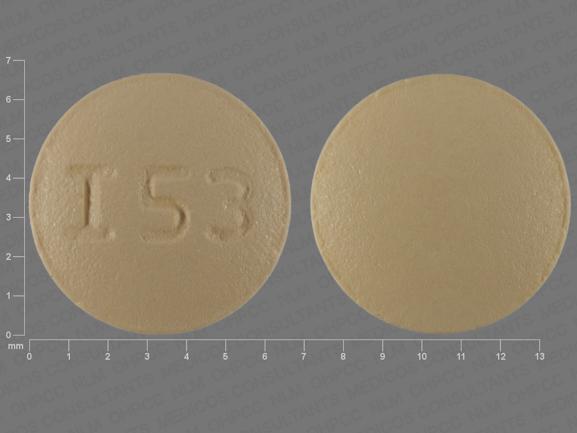Naratriptan and Alcohol/Food Interactions
There are 2 alcohol/food/lifestyle interactions with naratriptan.
Naratriptan High Cholesterol (Hyperlipoproteinemia, Hypertriglyceridemia, Sitosterolemia)
Major Potential Hazard, High plausibility
5-HT1 agonists - CAD risk factors
The group of drugs known as 5-hydroxytryptamine1 receptor (5-HT1) agonists can cause vasospastic reactions, including coronary vasospasm, peripheral vascular ischemia, and colonic ischemia. Rarely, serious adverse cardiac events including acute myocardial infarction, arrhythmia, cardiac arrest, and death have been reported within a few hours following the administration of 5-HT1 agonists, in some cases even in patients with no prior history or findings of coronary artery disease (CAD). Significant elevation in blood pressure, including hypertensive crisis, has also been reported on rare occasions in patients with and without a history of hypertension, as have transient increases in blood pressure and peripheral vascular resistance. In general, patients with potentially unrecognized CAD as predicted by the presence of risk factors (e.g., hypertension, hypercholesterolemia, tobacco use, obesity, diabetes, strong family history of CAD, female with surgical or physiological menopause, or male over 40 years of age) should not be administered 5-HT1 agonists unless a cardiovascular evaluation provides satisfactory clinical evidence indicating the lack of CAD, ischemic heart disease, or other significant underlying cardiovascular disease. As a precaution, the manufacturers recommend that the first dose be administered under medical surveillance in such patients, and that electrocardiographic monitoring be considered during the interval immediately following administration to help detect any asymptomatic cardiac ischemia that may occur. Periodic cardiovascular evaluations should be performed during intermittent, long-term use.
Naratriptan Obesity
Major Potential Hazard, High plausibility
5-HT1 agonists - CAD risk factors
The group of drugs known as 5-hydroxytryptamine1 receptor (5-HT1) agonists can cause vasospastic reactions, including coronary vasospasm, peripheral vascular ischemia, and colonic ischemia. Rarely, serious adverse cardiac events including acute myocardial infarction, arrhythmia, cardiac arrest, and death have been reported within a few hours following the administration of 5-HT1 agonists, in some cases even in patients with no prior history or findings of coronary artery disease (CAD). Significant elevation in blood pressure, including hypertensive crisis, has also been reported on rare occasions in patients with and without a history of hypertension, as have transient increases in blood pressure and peripheral vascular resistance. In general, patients with potentially unrecognized CAD as predicted by the presence of risk factors (e.g., hypertension, hypercholesterolemia, tobacco use, obesity, diabetes, strong family history of CAD, female with surgical or physiological menopause, or male over 40 years of age) should not be administered 5-HT1 agonists unless a cardiovascular evaluation provides satisfactory clinical evidence indicating the lack of CAD, ischemic heart disease, or other significant underlying cardiovascular disease. As a precaution, the manufacturers recommend that the first dose be administered under medical surveillance in such patients, and that electrocardiographic monitoring be considered during the interval immediately following administration to help detect any asymptomatic cardiac ischemia that may occur. Periodic cardiovascular evaluations should be performed during intermittent, long-term use.
Switch to professional interaction data
Naratriptan drug interactions
There are 105 drug interactions with naratriptan.
Naratriptan disease interactions
There are 4 disease interactions with naratriptan which include:
More about naratriptan
- naratriptan consumer information
- Check interactions
- Compare alternatives
- Pricing & coupons
- Reviews (53)
- Drug images
- Side effects
- Dosage information
- During pregnancy
- Drug class: antimigraine agents
- Breastfeeding
- En español
Related treatment guides
Drug Interaction Classification
| Highly clinically significant. Avoid combinations; the risk of the interaction outweighs the benefit. | |
| Moderately clinically significant. Usually avoid combinations; use it only under special circumstances. | |
| Minimally clinically significant. Minimize risk; assess risk and consider an alternative drug, take steps to circumvent the interaction risk and/or institute a monitoring plan. | |
| No interaction information available. |
See also:
Further information
Always consult your healthcare provider to ensure the information displayed on this page applies to your personal circumstances.


